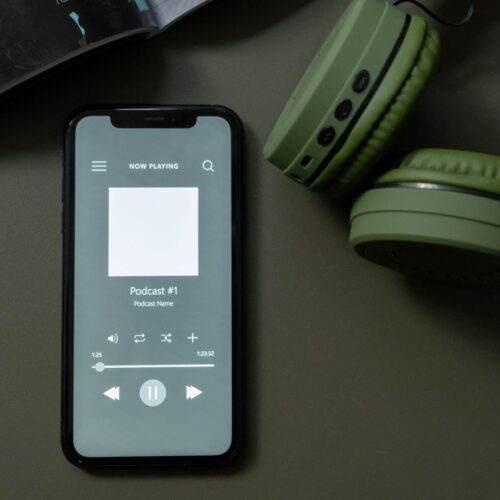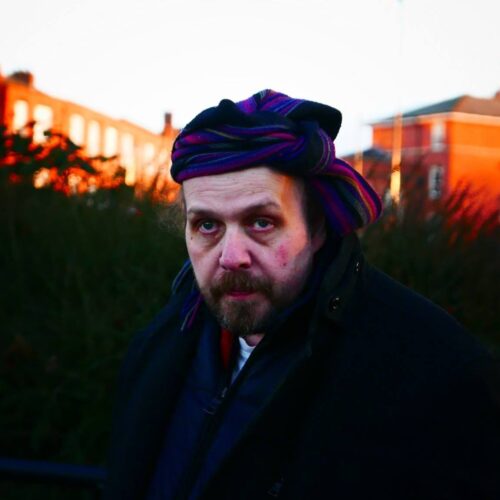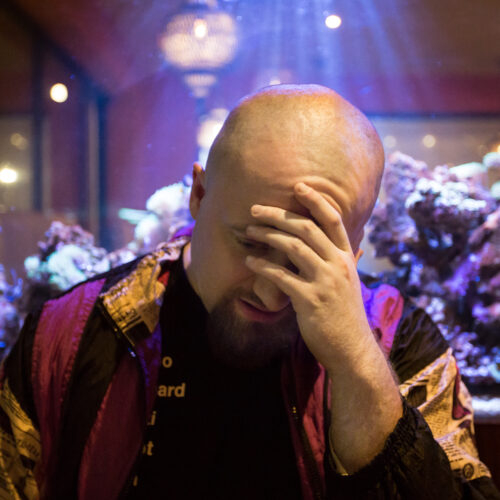
Spontaneity

This is a post from the weareoca.com archive. Information contained within it may now be out of date.
Eddie Braben died in May this year. He was the creator of all the words spoken by Eric Morecambe and Ernie Wise in their famous TV shows from 1968 until Morecambe’s death in 1984. And that means all the words apparently – even those seemingly improvised interruptions and solecisms! So it is with all the comedic comments from the chair in those amusing mildly competitive shows, all presented in the spirit of spontaneity and enhancing the reputation of those delivering the lines for their quick wit and way with words.
It has its parallel in much of the concert music we hear – even more so now than it used to be a few centuries ago. In the 17th and 18th century, when many performers were also composers, a strict observation to the notation would be interpreted as an appalling lack of imagination. The notation was a rough guide – even for orchestral players, who would frequently embellish the cadences in the piece with jazz-like ornamentations. Handel would have done it himself; he would write out the orchestra parts of his organ concertos and leave his solo part until the performance when spontaneous improvisation could lead him anywhere! But he was quick to express his irritation when singers in his opera companies would take considerable liberties with his well-crafted arias. All performers did it, but he felt composers were best equipped to exercise it. In the 19th century it remained customary for any soloist to add something to the basic text, especially if they composed. A few who were not overwhelmed by his charisma would complain that Liszt made Beethoven’s piano sonatas almost unrecognizable with his improvisatory approach to their performance, and there are recordings in the BBC library of celebrated pianists of the early 20th century drifting into extemporization in their interpretations of Schumann or Chopin. Even so relatively recently they seemed to have little concern that recording could mean capturing performances for posterity.
Today’s star performers must keep to the script because they are terrified of being recorded quite as much as they are of departing from the sanctity of the notation. Such is the magic of music that it is often difficult for us to believe that every note we hear of our standard concert repertoire is written down and, like the comedy scripts, carefully rehearsed to seem spontaneous. But by losing the real spontaneity we are in a sense living in an artificial world of musical actors, precision engineers. If it is tempting to think a conductor may be unnecessary, it is worth remembering that all those notes spread throughout the huge array of orchestral instruments must be carefully put each into its exact place at precisely the right time to the split second by someone directing. Conductors who only spend a few hours of their busy international schedule with any one orchestra must be masters of that anonymous precision too.
Students of musical performance are educated to obey the notation exactly, a process supported by severe discipline. No longer is any spontaneity left to the imagination. All too often, when challenged with improvisation, these performers cannot – and dare not – risk it. Musical performance is now a fastidiousness science. It is a pity that today’s commercial technology has eradicated the excitement of dangerous living.






A very interesting article, very relevant. Today’s composers and arrangers are encouraged to indicate precise performance instructions, so even less room for spontaneity and improvisation. If a performer departs from the accepted interpretations, (s)he risks criticism. It still seems as if jazz and pop music are the only accepted genres to improvise freely. It’s a long way from when music of ancient times was handed down aurally, must have been largely improvised as there was no notation, but nevertheless was probably well structured and organised. But we’ll never know!
There’s a wonderful statue of Eric on Morecambe promenade (his home town) in the above classic pose – which I’m sure was his own invention !
No doubt, as Patric suggests, recording and audience expectation have reinforced the decline of improvisation in ‘classical music’ but the decline of classical improvisation (its remained alive and well in other musical traditions) has surely taken place over a much longer period. Indeed the last hundred years or so have in some respects re-introduced improvisation as a respectable idea with jazz recognised as a serious art form and some composers including improvised sections or presenting compositions which are basically frameworks or stimuli for improvisation. There are encouraging signs that music colleges are now including some improvisation skills in their teaching.
As a guitarist who has attempted both improvisation and accurate interpretation to various degrees it is comforting to think my often inaccurate sight reading can now be re-interpreted as ‘imaginative’ and historically justified! In truth it was my improvisation skills that got me through my Grade 8 sight reading. It is, as the article suggests increasingly difficult to tell the difference between the scripted and unscripted – a jazz solo might impress but if you heard the same musician ‘improvising’ more or less the same thing the following night you might start wondering who the script writer was !
My early attempts at composition were usually frameworks for improvisation. My thinking about this was changed by a Summer School encounter with Tim Hodgkinson (formerly of experimental jazz/rock band Henry Cow) who was fully committed to the idea of free improvisation as a valid musical form but insisted that composers(and indeed improvisers) had a responsibility to be very clear and precise about the sounds they wanted to be made. He also pointed out that western notation was not always particularly good at conveying the information required, with even detailed scores leaving many gaps for performer interpretation, particularly regarding timbre and the what happens to the sound over the duration of the note – something which is often given much more consideration in other musical cultures
I realised that in my case I was using improvisation to fill in the gaps that existed in my own knowledge (about instruments) and ideas (about what should be played) I’m now trying to remedy this with the help of the OCA composition courses, but I hope that once I’m more confident in my own knowledge and processes I’ll return to the idea that composed music can include elements of improvisation.
After all, real life includes elements of improvisation. I had no idea I was going to write this when I woke up this morning !